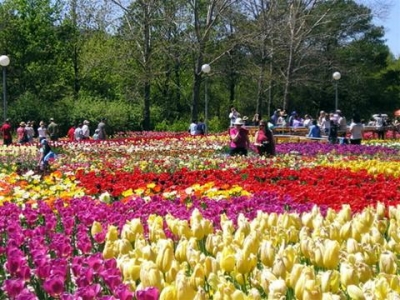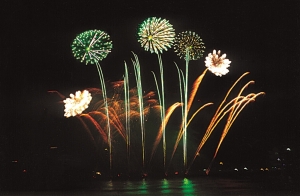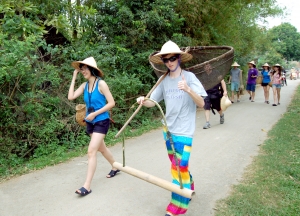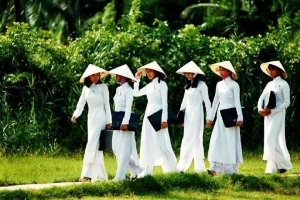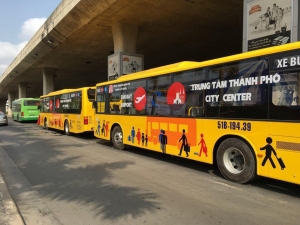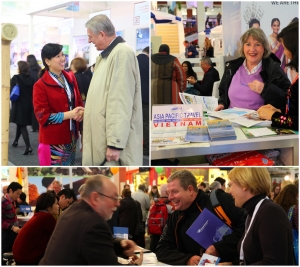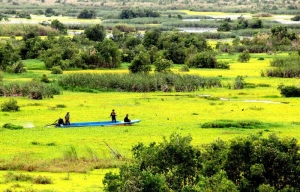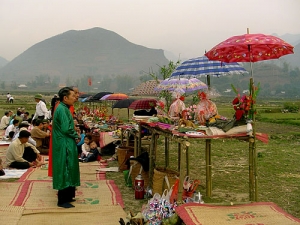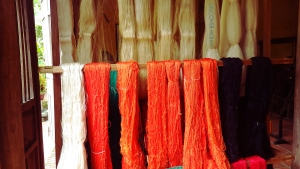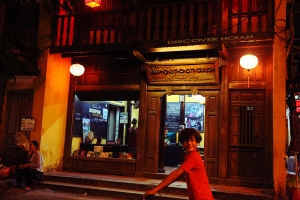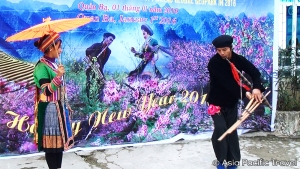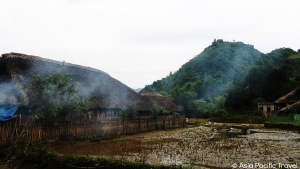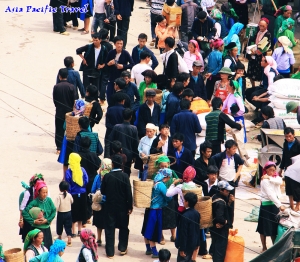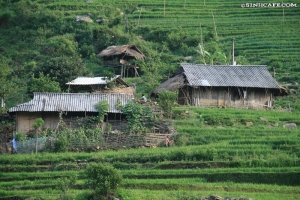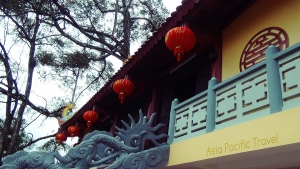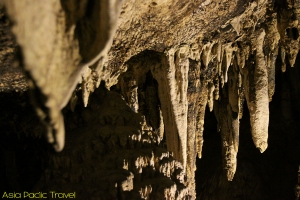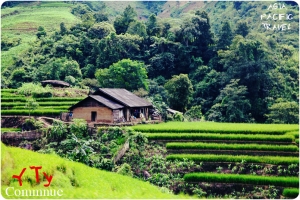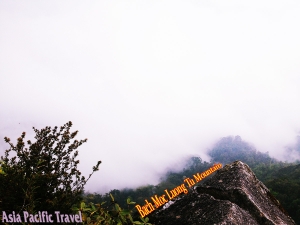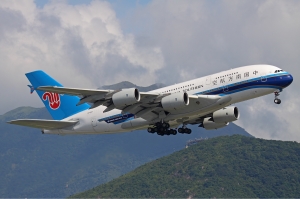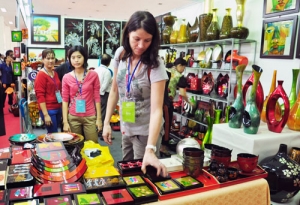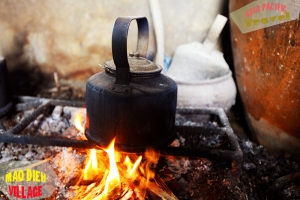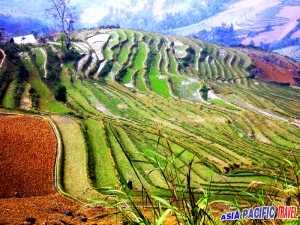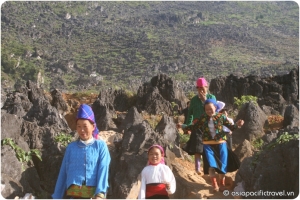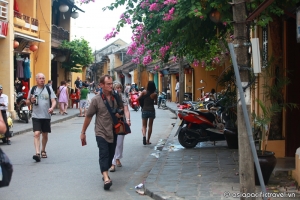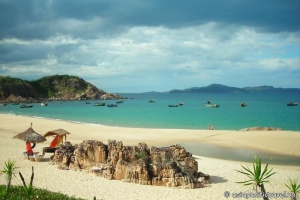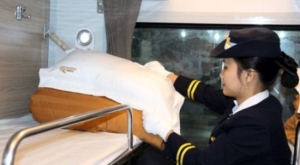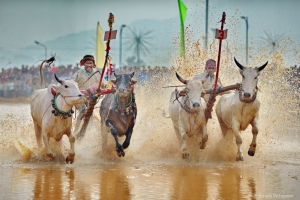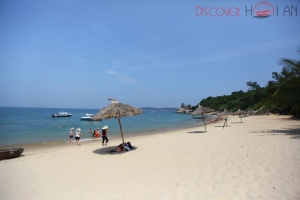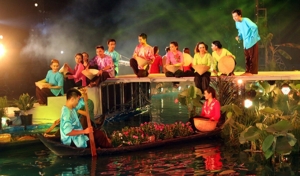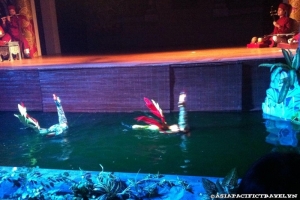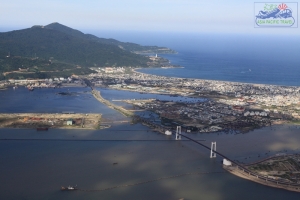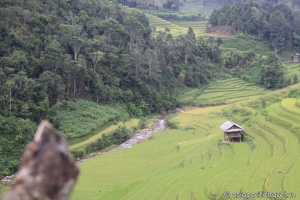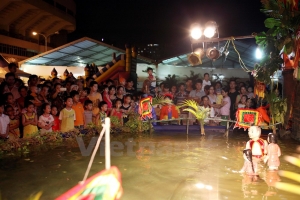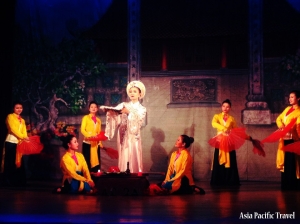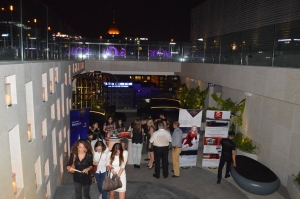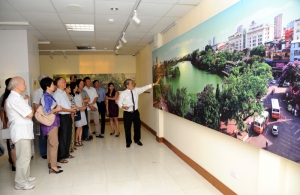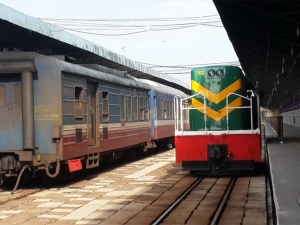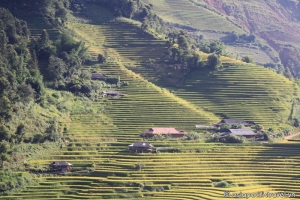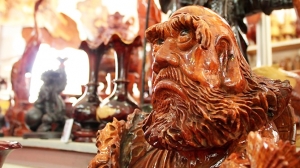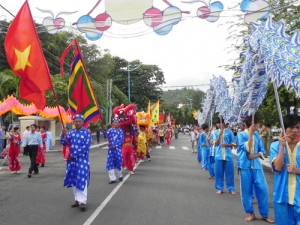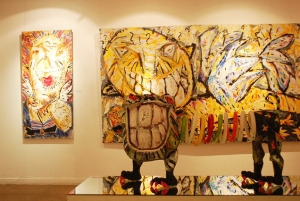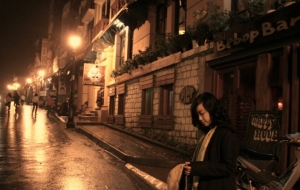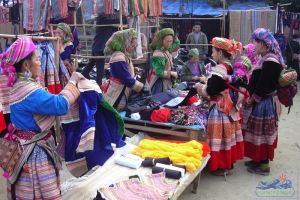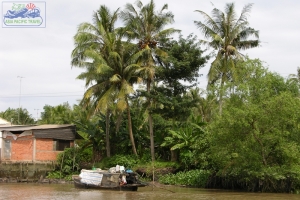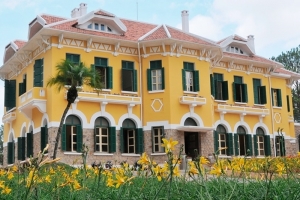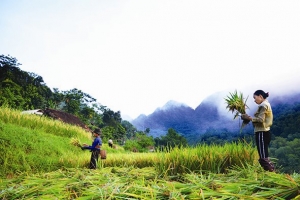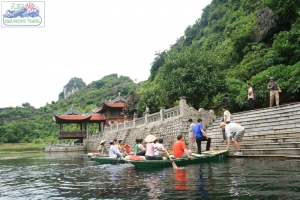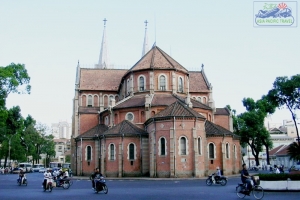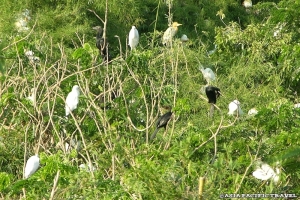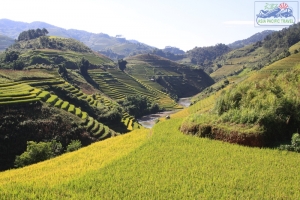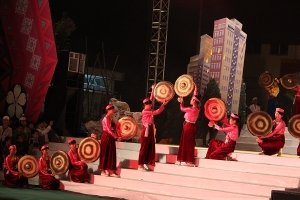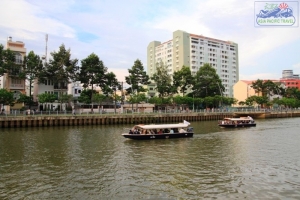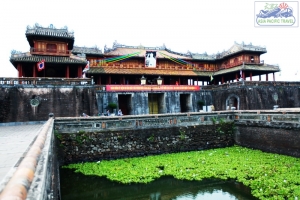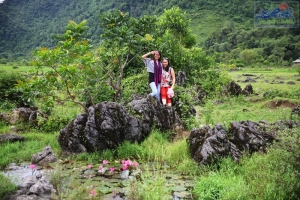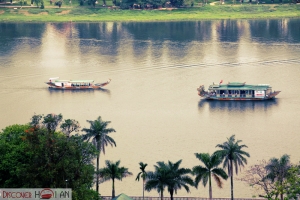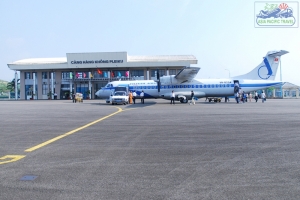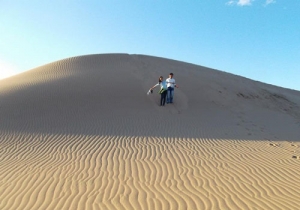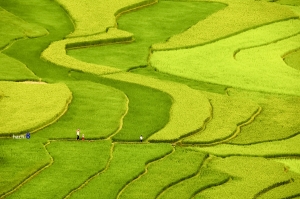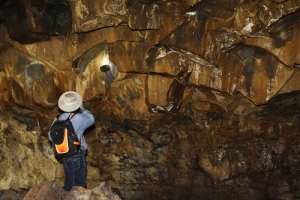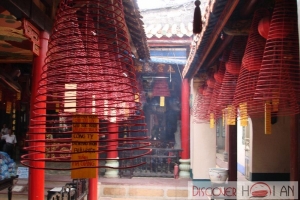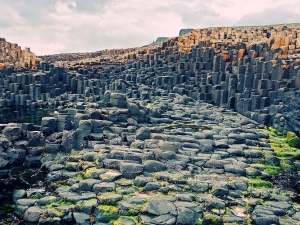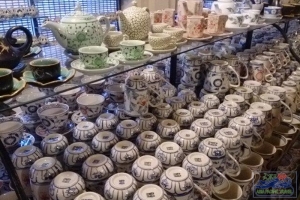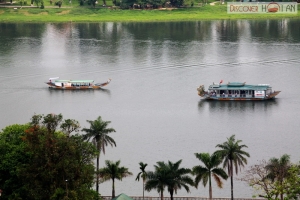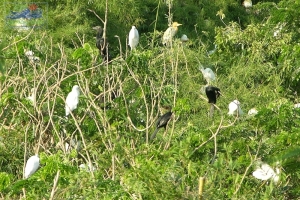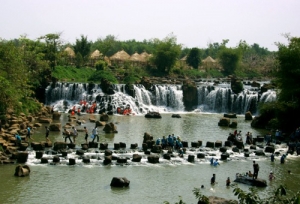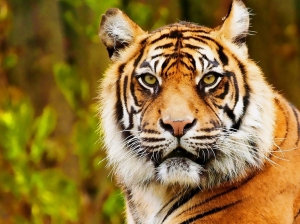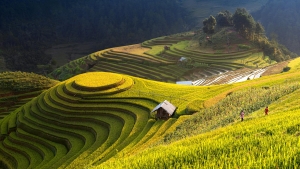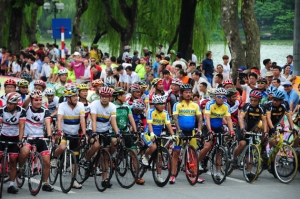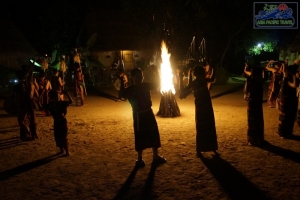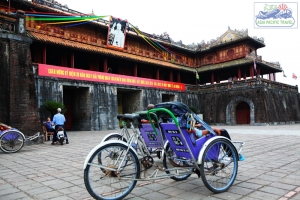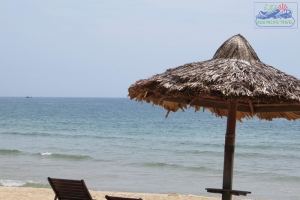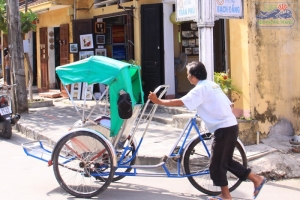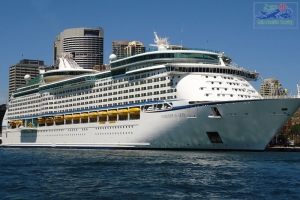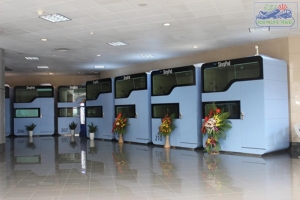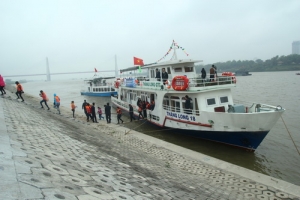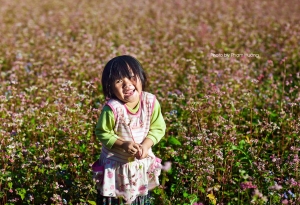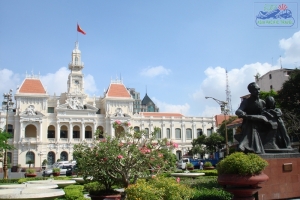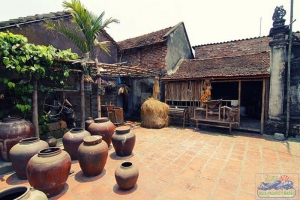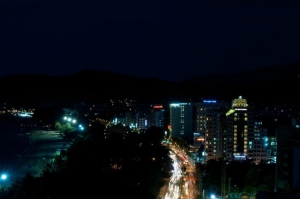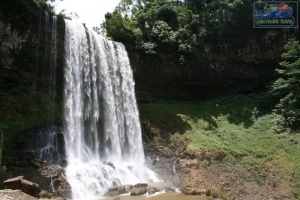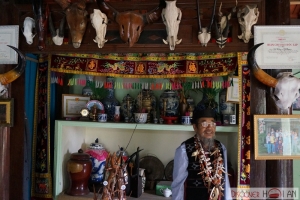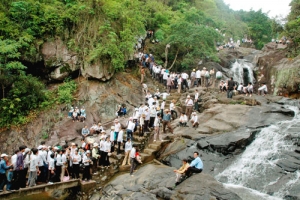Vietnamese Lunar New Year, commonly known by Vietnamese as Tết Nguyên Đán or Tet, is the most important and popular holiday and also festival in Vietnam.
Do you know: Vietnam Lunar New Year 2012 will fall on January 23rd. 2012 is the year of Dragon
About Tet
Vietnamese Lunar New Year, commonly known by Vietnamese as Tết Nguyên Đán or Tet, is the most important and popular holiday and also festival in Vietnam. Similar to Lunar New Year in South Korea or China, Tet is celebrated for the arrival of the spring according to the Lunar Calendar - from the first day of the first Lunar month (around late January to early February) to at least the third day. Usually Vietnamese will be allowed to have five - seven days off from work to celebrate Tet holiday.
In 2012, the date for Tet is January 23rd (Year of Dragon).
In 2013, the date for Tet is February 10th (Year of Snake).
In 2014, the date for Tet is January 31st (Year of Horse).
Celebrations
There are many customs practiced by Vietnamese during Tet such as ancestral worshiping, giving away lucky money to children and elderly people, cooking traditional food, decorating house and many other unique customs. It can be divided into three periods: Tất Niên (Before New Year’s Eve), Giao Thừa (New Year’s Eve) and Tân Niên (the New Year).

Chung Cake and Tet Cake - the traditional flavour of Vietnam Lunar new year
Before New Year’s Eve: Overseas Vietnamese or pilgrims would try to come back to their homeland for family reunions, forgetting about troubles of the past and together hoping for a fruitful upcoming year. They would be busy decorating their houses with cherry blossom (in the northern region), hoa mai - Ochna integerrima (in the central and southern region) and other floral decorations such as kumquat tree, marigold, lavender or paperwhite flower along with traditional Dong Ho paintings and calligraphy pictures.
On the New Year’s Eve: the owner of the house will leave for outside a few minutes before midnight and come back just as the clock strikes midnight according to the traditional "xông đất" ritual. Performing this ritual, Vietnamese believe that if good things come to the family on the first day of the Lunar New Year, the entire following year will also be full of blessings.

Vietnamese Altar in a Tet holiday - filled with offerings
After lighting the incense on the family altar – a sign of ancestral worshiping, the whole family would gather together to enjoy the last dinner of year. The following days will be spent on visiting relatives, friends and teachers along with giving wishes and greetings such as “Chúc mừng năm mới” (Happy New Year) or "cung chúc tân xuân" (gracious wishes of the new spring) and also wishes of prosperity and luck. Children will receive red pocket from their older family members as a blessing for their new year.
Food for Tet
Food is also an especially important part of Tet; some dishes such as banh chung, banh day (tightly packed sticky rice with meat and bean fillings wrapped in leaves) or dua hanh are strongly associated with Tet’s images and requires extensive preparations.
Travel during Tet
Tet is a great time to visit Vietnam, though you may have mixed feelings about it. For example, Hanoi and Ho Chi Minh City will be deserted during Tet, shops will be closed, but you will feel the beauty of these two cosmopolitans in very different ways.
One of the tips that you will receive is to book your transportation as soon as you can, due to the influx of migrants returning home to celebrate Tet: train and air tickets will have exceptional price hike.


